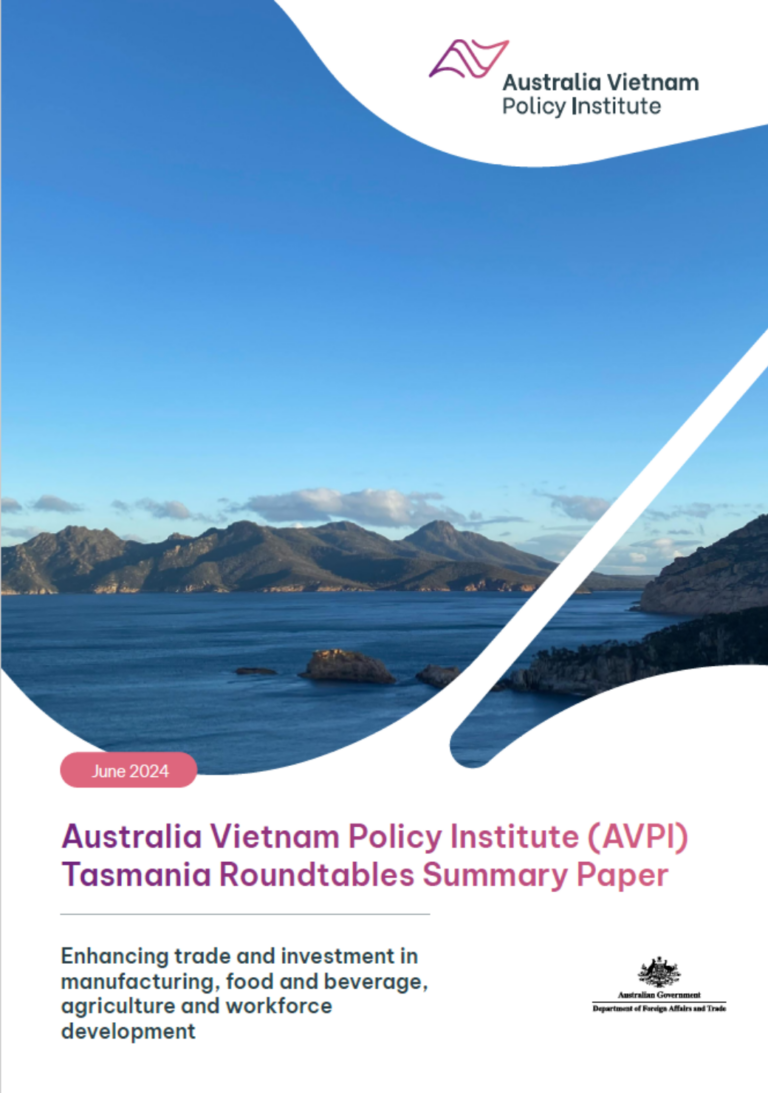This project aimed to understand the mechanisms, processes and functionality of rice-shrimp farming systems in Vietnam's Mekong Delta through rigorous scientific investigations to achieve sustainable production.
The Mekong Delta is Vietnam’s most important rice-producing region, accounting for more than half of the country’s annual rice production.
Rice and shrimp have been farmed in rotation in the Mekong Delta for 40 years. Rice is farmed in the wet season when water salinity is low, while shrimp is farmed extensively and semi-intensively during the dry season when water salinity is too high for rice.
Increased salinity, a result of changing environmental conditions and catchment-wide water management, has led to rice crop losses and reduced yields. Shrimp yields have been affected by recurrent disease outbreaks.
The mechanisms underpinning the sustainability of rice-shrimp production systems are poorly understood. Further research is required on key factors, mechanisms and constraints. The research would enable scientifically-validated modifications to the farming system to increase profitability and ensure the promotion of sustainable practices.
Publication Date: 10 August 2020












